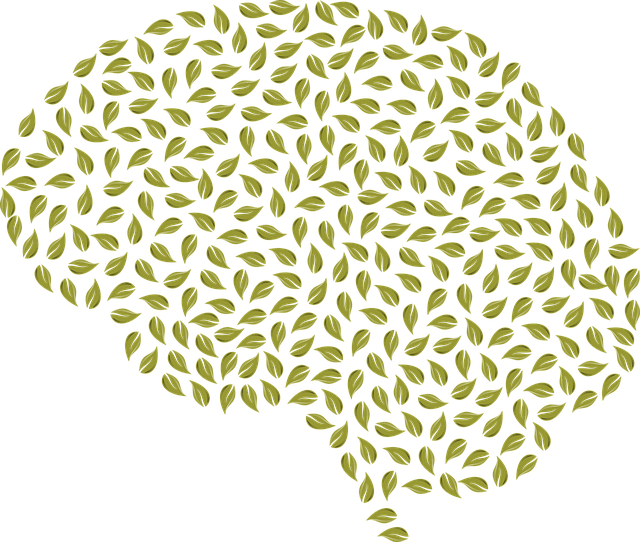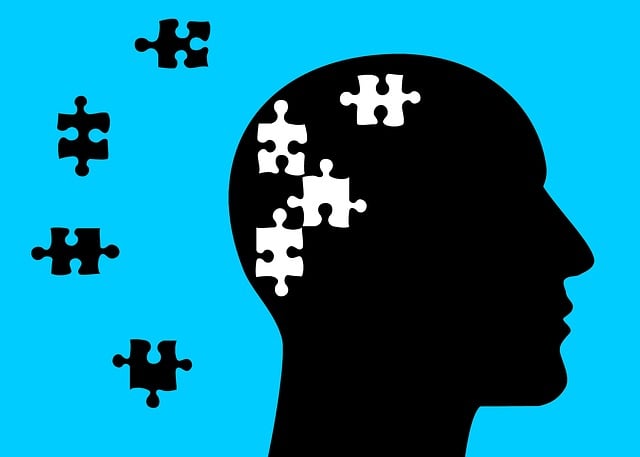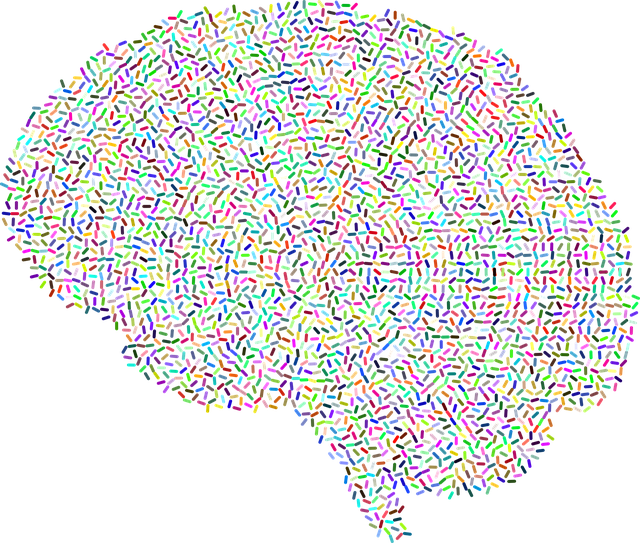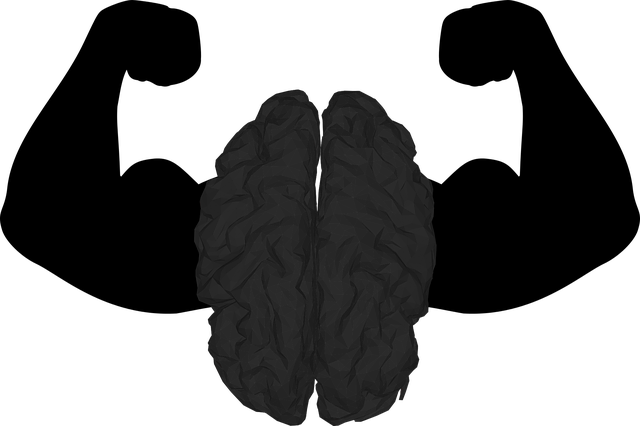Mental illness is a diverse spectrum, and media representation plays a crucial role in shaping public perception. Englewood Learning Disability Therapy advocates for accurate and empathetic portrayal of mental health conditions through workshops, stress management strategies, and holistic treatment approaches. By promoting cultural sensitivity, integrating compassion cultivation practices, and offering personalized care, they aim to dispel stereotypes, foster understanding, and create an inclusive society where individuals with mental illnesses feel empowered. Media literacy education is a key tool in this process, enabling people to critically analyze content and advocate for more responsible representation.
In today’s media-driven world, accurate representation of mental illness is crucial. This article explores the challenges and offers solutions to mitigate harmful stereotypes prevalent in popular culture. We delve into the impact of these portrayals on society’s perception, highlighting the need for empathy and understanding.
One promising approach is the Englewood Learning Disability Therapy, a holistic method transforming lives. Additionally, we provide strategies for media creators to ensure accurate, sensitive depictions. Through media literacy, we can foster positive change, promoting a more inclusive narrative around mental health.
- Understanding Mental Illness and Media Representation
- The Impact of Stereotypes in Popular Culture
- Englewood Learning Disability Therapy: A Holistic Approach
- Strategies for Accurate and Empathetic Portrayal
- Fostering Positive Change Through Media Literacy
Understanding Mental Illness and Media Representation

Mental illness is a complex spectrum encompassing various conditions such as depression, anxiety, bipolar disorder, and schizophrenia, each with its unique symptoms and challenges. Understanding these illnesses requires more than just superficial knowledge; it demands empathy and insight into their profound impact on individuals’ lives. Media plays a significant role in shaping public perception, often presenting mental health issues through stereotypes or sensationalized narratives that can either perpetuate misconceptions or offer glimpses of hope.
Englewood Learning Disability Therapy emphasizes the importance of accurate representation to foster a more inclusive and supportive society. By promoting cultural sensitivity in mental healthcare practice and offering stress management workshops, organizations like Englewood aim to challenge stigmatized views prevalent in media. Encouraging open conversations about emotional regulation and providing accessible resources are essential steps towards creating an environment where individuals with mental illnesses feel understood and empowered.
The Impact of Stereotypes in Popular Culture

The media’s portrayal of mental illness often reinforces harmful stereotypes that can have a profound impact on society’s understanding and treatment approach. Popular culture has long depicted individuals with mental health struggles as violent, unpredictable, or entirely disabled, contributing to the stigmatization and marginalization of these communities. Such representations oversimplify complex conditions and neglect the diverse experiences of people living with mental illnesses. For instance, the media often portrays depression as a fleeting emotion rather than a chronic condition that requires ongoing management. This stereotyping not only misinforms the general public but also influences how individuals with genuine mental health challenges are perceived and treated in real life.
Englewood Learning Disability Therapy emphasizes the need for more nuanced storytelling to challenge these stereotypes. By promoting accurate and empathetic representations, media can foster a culture of compassion and understanding. Compassion Cultivation Practices, such as mindfulness and empathy training, can empower both creators and viewers to recognize the human experience behind mental health struggles. Furthermore, integrating these practices into entertainment can encourage open conversations about mental wellness, potentially reducing the risk of self-stigma among viewers. Additionally, developing Mental Wellness Coaching Programs that educate media professionals on responsible representation could significantly enhance the accuracy and positivity of mental illness portrayal, ensuring a more inclusive and supportive narrative for all audiences.
Englewood Learning Disability Therapy: A Holistic Approach

Englewood Learning Disability Therapy offers a holistic approach to tackling mental illness representation in media by focusing on the individual’s unique needs and experiences. This therapy goes beyond surface-level solutions, acknowledging that every person’s journey with learning disabilities is distinct. By employing comprehensive strategies, it aims to empower individuals to manage their conditions effectively while fostering self-acceptance and resilience. The holistic nature of this therapy incorporates various aspects such as cognitive behavioral techniques, sensory integration, and social skill development, ensuring a well-rounded approach to mental health care.
This method challenges stereotypical media portrayals by promoting a deeper understanding of learning disabilities. Through individualized treatment plans, clients build confidence and learn coping mechanisms tailored to their specific challenges. Moreover, Englewood’s approach addresses the risk assessment crucial for mental health professionals, preventing burnout with effective burnout prevention strategies for healthcare providers. This comprehensive therapy not only enhances the client’s mental well-being but also encourages a more nuanced and accurate representation of learning disabilities in media, reflecting real-life experiences.
Strategies for Accurate and Empathetic Portrayal

In striving for accurate and empathetic mental illness representation in media, it’s crucial to engage diverse narratives that reflect the complex spectrum of experiences. Organizations like Englewood Learning Disability Therapy are at the forefront of this effort, advocating for authentic portrayals that dispel harmful stereotypes. Through collaborative writing workshops, sensitivity training, and consultation with lived experts, media creators can ensure their stories ring true with those affected by mental health conditions.
Integrating elements such as public awareness campaigns development and mindfulness meditation within storylines not only promotes understanding but also normalizes conversations about emotional healing processes. By showcasing characters grappling with mental health challenges in nuanced ways—without sensationalism or simplistic resolutions—media has the potential to foster empathy, reduce stigma, and encourage viewers to seek support if needed.
Fostering Positive Change Through Media Literacy

Media plays a pivotal role in shaping societal perceptions about mental health. Therefore, harnessing its power for positive change is essential. Englewood Learning Disability Therapy suggests that promoting media literacy can be a game-changer in fostering better understanding and Mental Health Awareness. By educating individuals about how media portrays mental illness, we can challenge stereotypes and encourage empathy. This approach empowers people to critically analyze content, identify harmful tropes, and promote more accurate representations.
Encouraging inner strength development and self-care practices through media literacy programs can significantly impact society’s response to mental illness. It enables individuals to recognize the importance of diverse narratives and support those with invisible struggles. Through this, we can create a more inclusive environment where everyone, regardless of their mental health status, feels seen and understood.
In conclusion, accurately representing mental illness in media is paramount for fostering understanding and reducing stigma. By challenging stereotypes and adopting holistic approaches like Englewood Learning Disability Therapy, we can create a more empathetic landscape. Implementing strategies for responsible portrayal and promoting media literacy are key to driving positive change. Through these collective efforts, we can ensure that media serves as a powerful tool for advocating mental health awareness and support.














